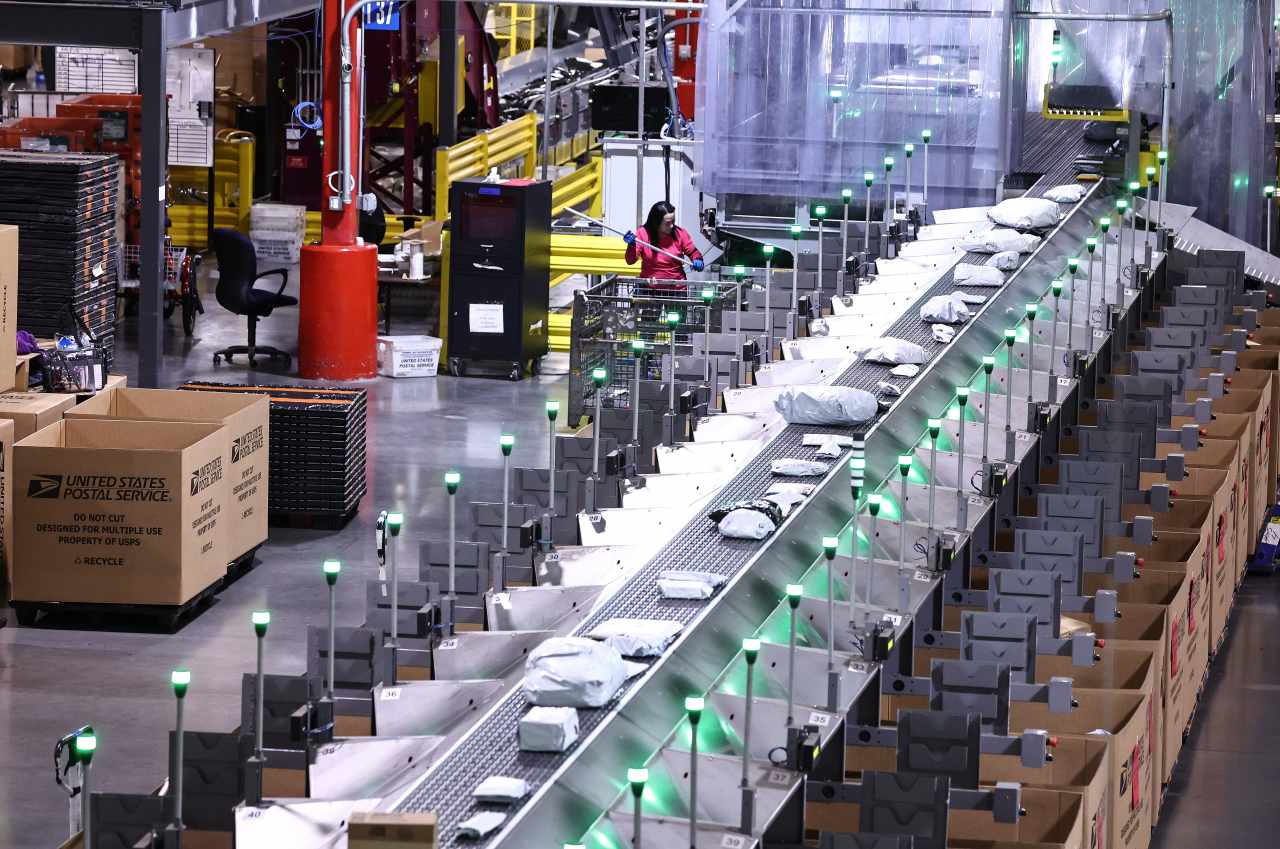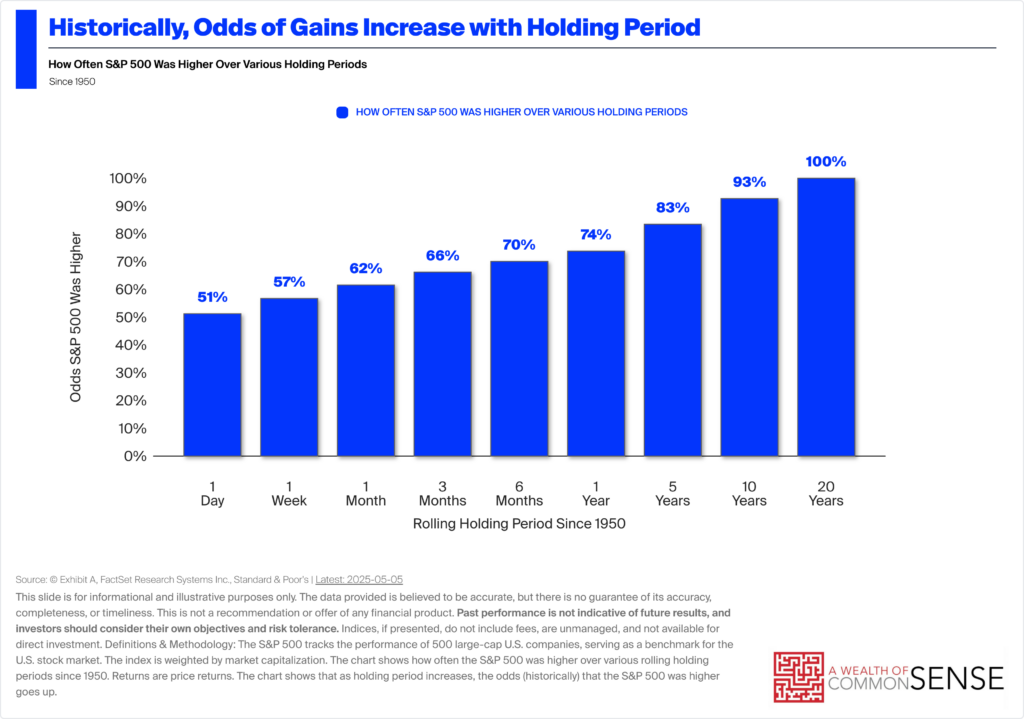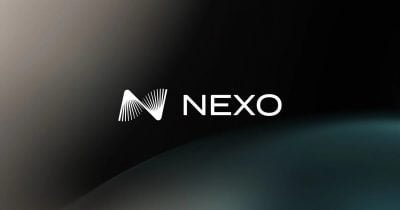Why CHROs have the reputation of being the least AI-savvy of the C-suite
Most CEOs believe their top HR leaders aren’t as well-versed in AI as other prominent leaders.

Good morning!
HR professionals are often considered to be some of the least technically skilled people at a company. It’s an outdated perception that many CHROs face as their role has expanded over the years to become more strategic as opposed to purely administrative. But a new study from research and advisory company Gartner published this week shows just how ingrained that belief may be.
Only 7% of top business executives out of 456 CEOs say their CHROs have the skills required to be considered AI-savvy in 2025. Considering 77% of CEOs surveyed also believe that AI is drastically altering the business landscape, it’s clear that they don’t have the confidence that CHROs know enough about the technology to pull off more wide adoption.
That’s a huge drop off compared to how CEOs view other C-suite level roles. For instance, 44% say their chief information officers (CIOs) are prepared and 24% say chief strategy officers (CSOs) are. If these figures feel low, considering how much pressure CEOs are putting on other leaders to manage AI adoption, it’s because they are, Gartner experts say. This “huge gap” shows how CEOs are questioning the AI skills of even the most technologically advanced C-suite professionals at a company.
“These perceptions, regardless of whether or not they’re correct, can hold a department back from getting the kind of money they need to deploy more advanced technology if CEOs believe a certain C-suite leader isn’t knowledgeable enough,” says Jennifer Carter, associate principal analyst for Gartner's CEO and digital leaders research group.
Meanwhile CHROs are often expected to manage some of the largest transformational workplace changes in regard to AI, including recruiting those with the required skills as well as deploying more tools across the company.
Carter notes that CHROs need to know how to combat these stereotypes and come to the table with proof of their AI competence. That could mean showing off their ability to find and use the latest AI products, pointing to ways they’re attempting to recruit better talent, or working more closely with other tech leaders in the organization, including the CIO and CSO, whom CEOs may trust more with technology adoption.
As Carter puts it: “CHROs need to prove to other leaders that they view AI as not just a tool, but a new way of working.”
Brit Morse
brit.morse@fortune.com
This story was originally featured on Fortune.com






































































































































































